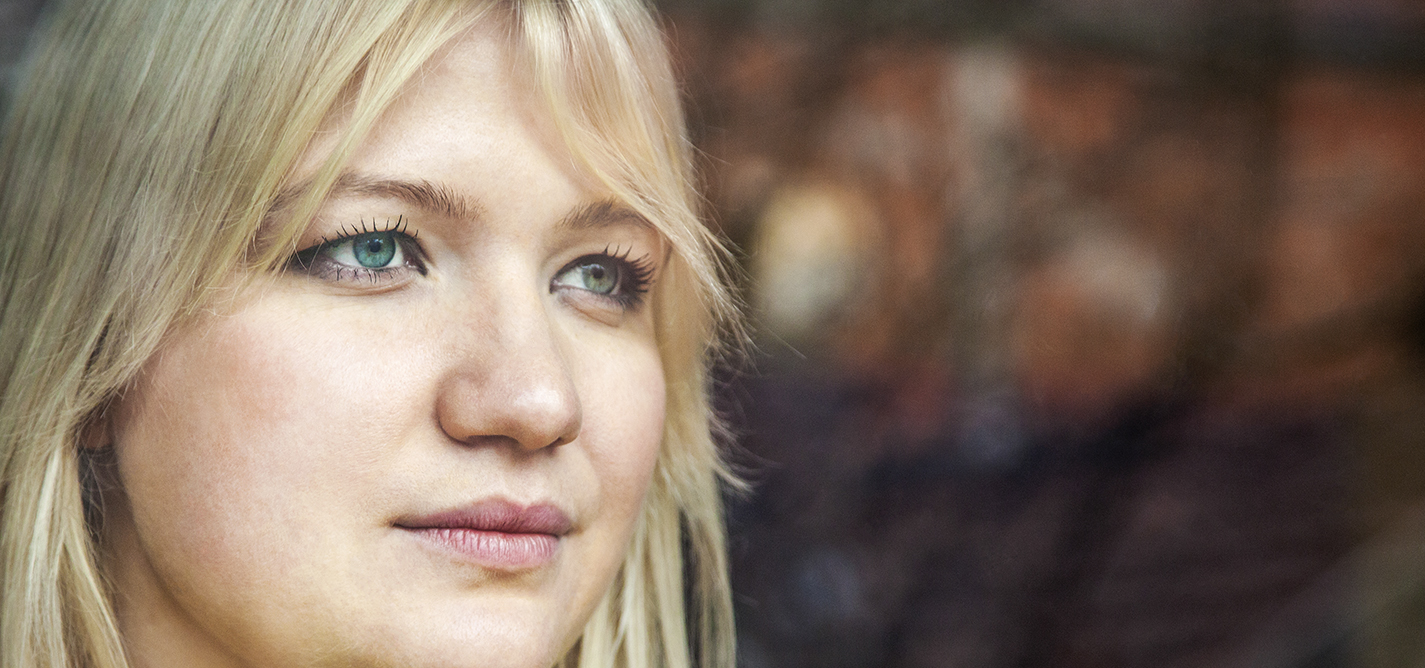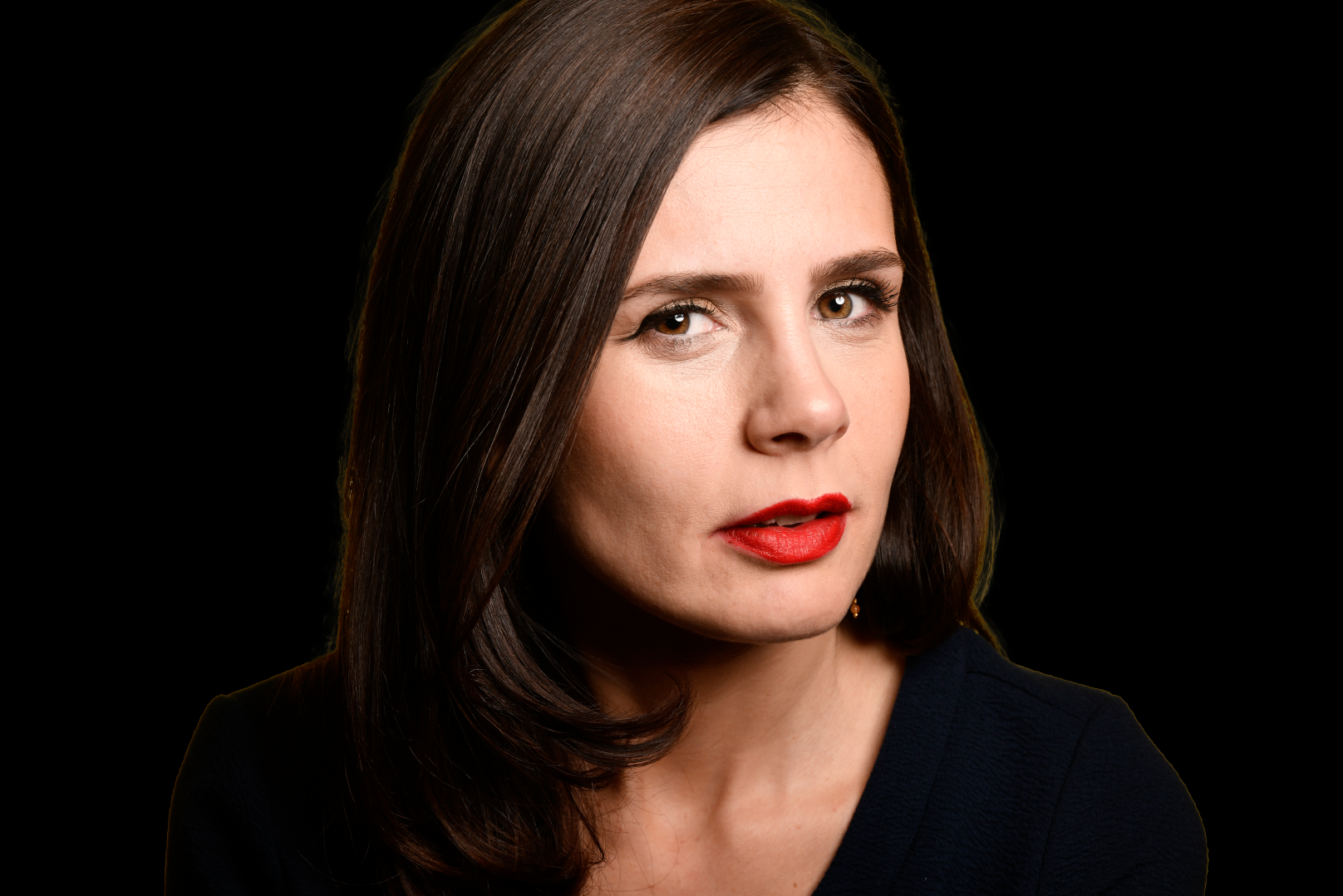
Anita Mitic — living life as an activist
The Belgrade human rights campaigner who keeps speaking out.
|09.03.2017
|
“I believe it is important to have a discussion, but there is no discussion with war criminals.”
"I was questioning my entire life, my education, my parents, and everything to come to something that was closest to the truth.”
Anita Mitic
Dafina Halili
Dafina Halili is a senior journalist at K2.0, covering mainly human rights and social justice issues. Dafina has a master’s degree in diversity and the media from the University of Westminster in London, U.K..
This story was originally written in English.